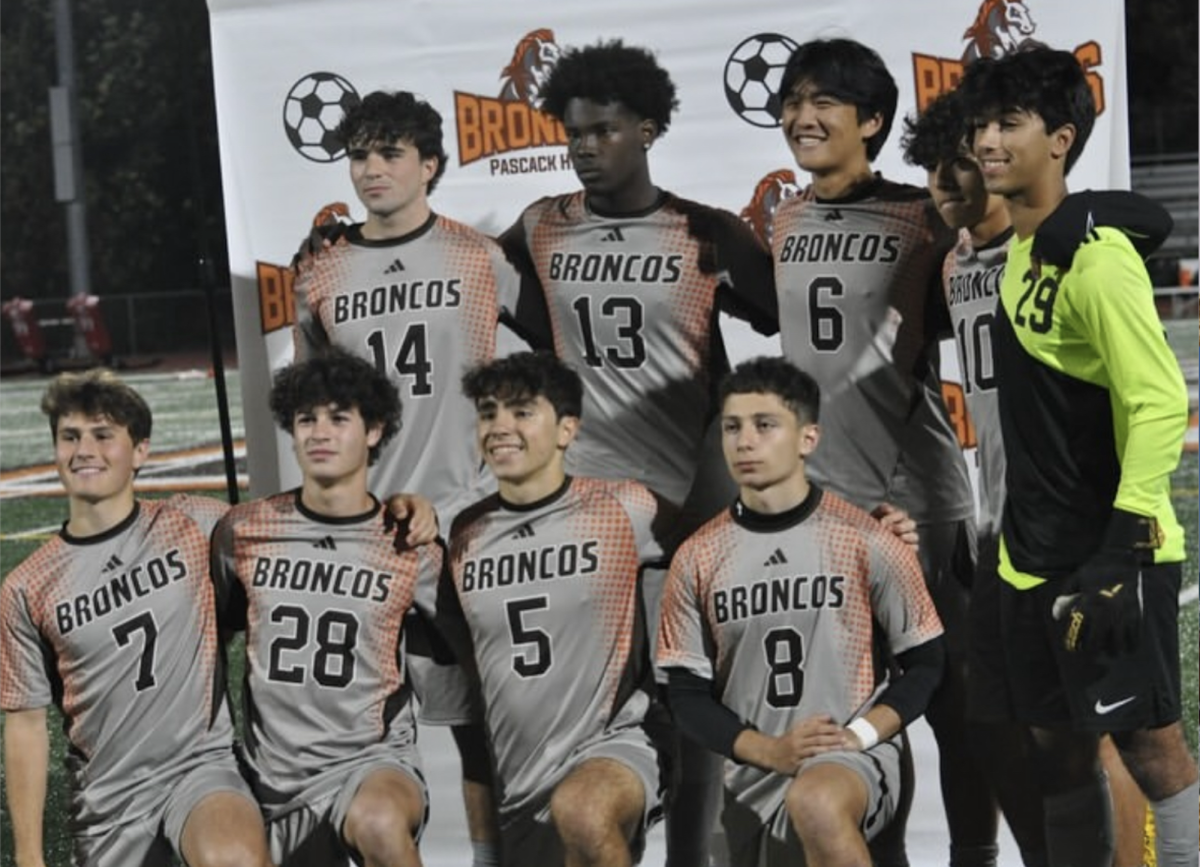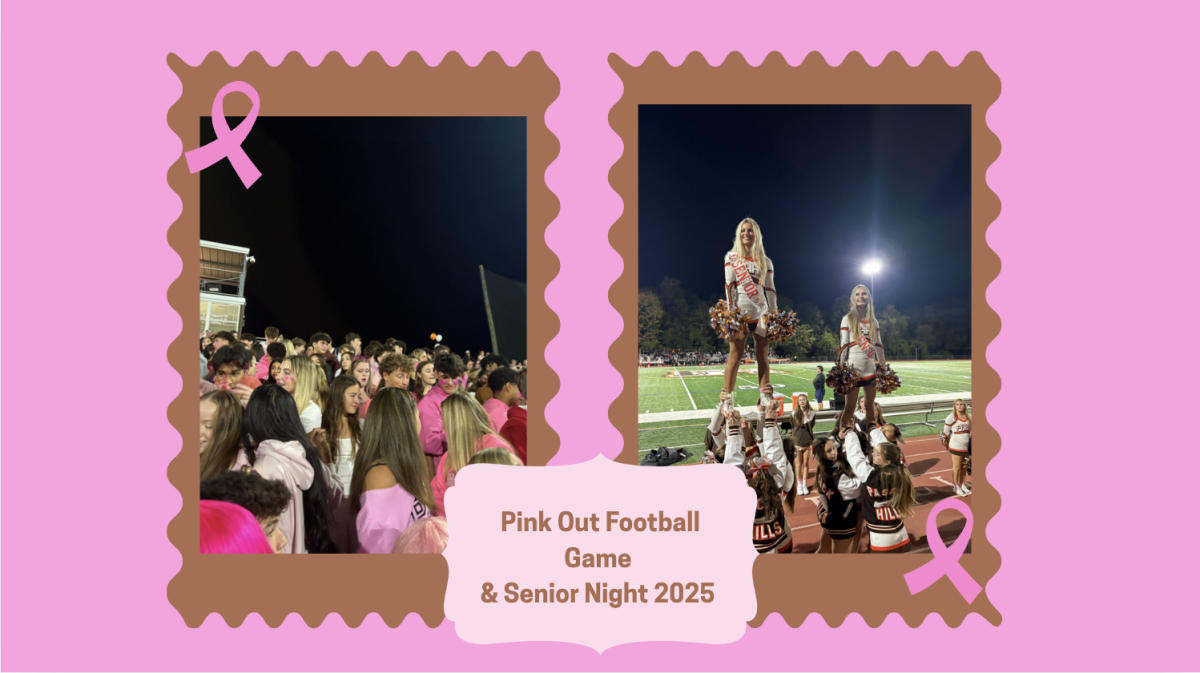Is pre-professional culture the enemy of passion? For students, in our increasingly competitive world, is it even possible for the two to coexist?
The Rise of Pre-Professionalism
Today, high schoolers are pressured to prepare for, commit to, and strategize their future careers from an early age. Referred to as “pre-professionalism,” this pattern plunges students into extracurriculars, internships, and classes directly tied to their goal career paths – whether it be medicine, finance, or computer science, some of the most popular fields today.
However, many argue that this fast-paced culture of calculated success poses a threat to our definition of “passion.” Over the years, this career-oriented culture has surged to groundbreaking levels. Driven by a combination of factors, and with an increasingly cutthroat job market, high schoolers feel compelled to gain a competitive edge early on.
As early as middle school, students are shifting away from academic discovery and toward career planning. School is no longer a place of experimentation – it has become an asset, a tool to be carefully strategized and mastered for maximum benefits.
Adding to this climate is today’s aggressive college admissions system. In this hypercompetitive landscape, students are pushed to demonstrate academic excellence and a solid sense of direction in their “chosen” fields. They’re pushed to participate in resume-building programs to bolster their applications – raising their chances at top universities. This relentless pursuit of pre-professional experiences has become ingrained in thousands of high school cultures – shaping important decisions before students even blow out the candles on their 18th birthday cake.
Pre-Professionalism within Hills
Even Pascack Hills has become vulnerable to this pre-professional culture. As one anonymous Hills teacher said, “Things are just so different now. Back then, you took the classes and joined the clubs that sounded most interesting to you, whether or not it was impressive.”
In recent years, Hills students have been designing their course loads and club involvement – and eventual leadership – from as early as freshman year. Oftentimes, grade point average (GPA)–boosting classes and electives are favored over unweighted, “less relevant” ones. In the same way, students are attracted to career-oriented clubs (or any club that offers a resume-building benefit) over interest-based ones.
“It seems like everyone’s working to get a head start now. Even just four years ago, I feel like I wasn’t nearly as concerned about my college or career as the underclassmen are,” said senior Sammy Lazar.
In the momentum of pre-professional culture, the definitions of “electives” and “clubs” have lost their intended meanings. Students no longer see the value in simply exploring their interests – rather, they’re eyeing the best route to a top university, and, eventually, a financially rewarding career.
What defines “success,” and is this a healthy motivator?
Realistically, in looking beyond high school, any student will seek financial stability. To be absorbed in today’s pre-professional culture is not a mark of shame; rather, it is a sign of today’s changing world. As one anonymous Hills student said, “I think it’s just the way things have to be. I don’t see ‘exploring my interests’ as an option when I have to focus on my success in the future.” The harsh truth about work is hitting students at younger ages than ever before.
But the definition of “success” is a debate in and of itself. Another anonymous Hills teacher said, “I’m seeing more and more students worry about their future careers, but less in terms of the job itself, and more in terms of their salary.” Is success necessarily tied to financial comfort, or is it the happiness we derive from how we spend our time? How healthy is it to lay aside all passions for the sake of money, stability, and reputation?
Sources:
https://snfpaideia.upenn.edu/news/penns-pre-professional-culture-is-the-enemy-of-passion/
https://emorywheel.com/preprofessionalism-undermines-academic-discovery/












































